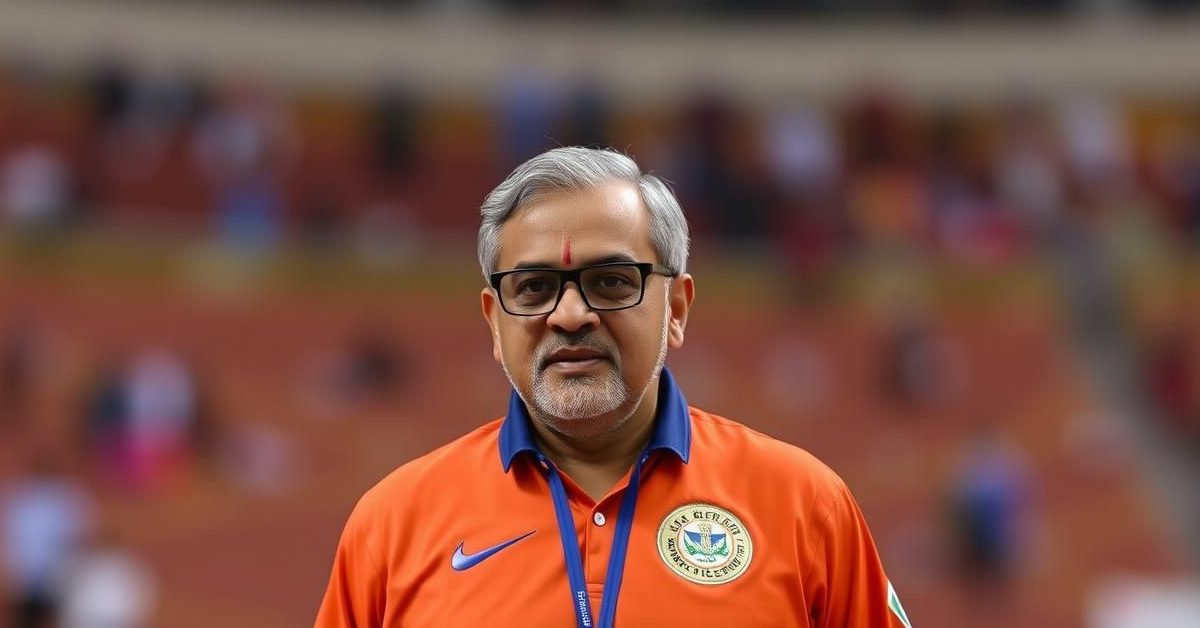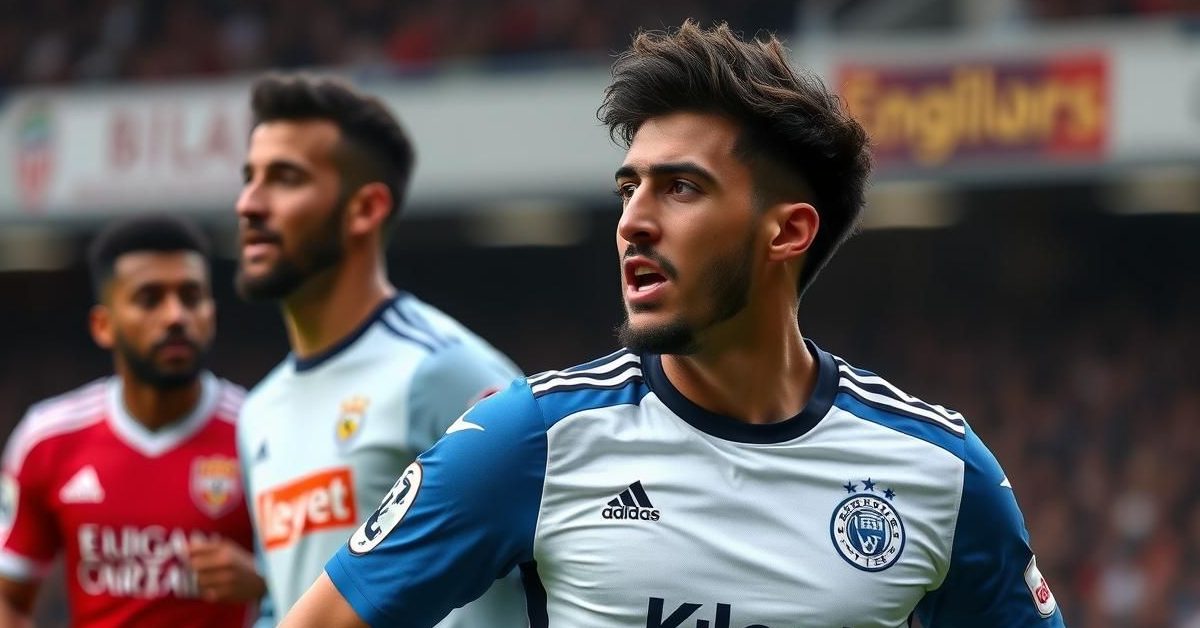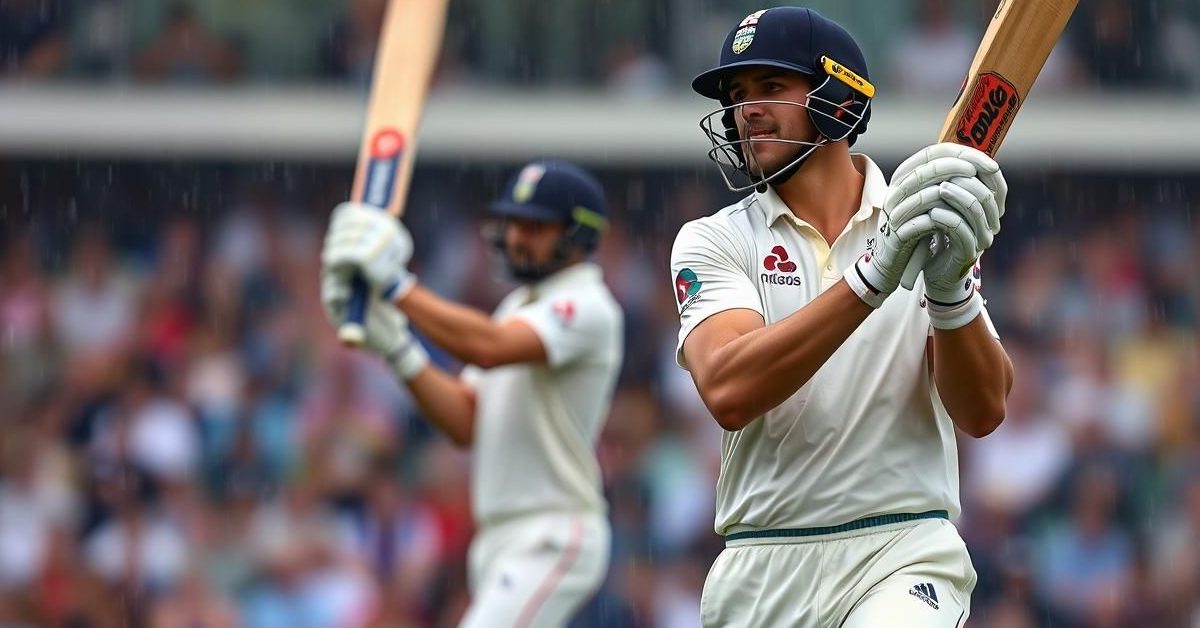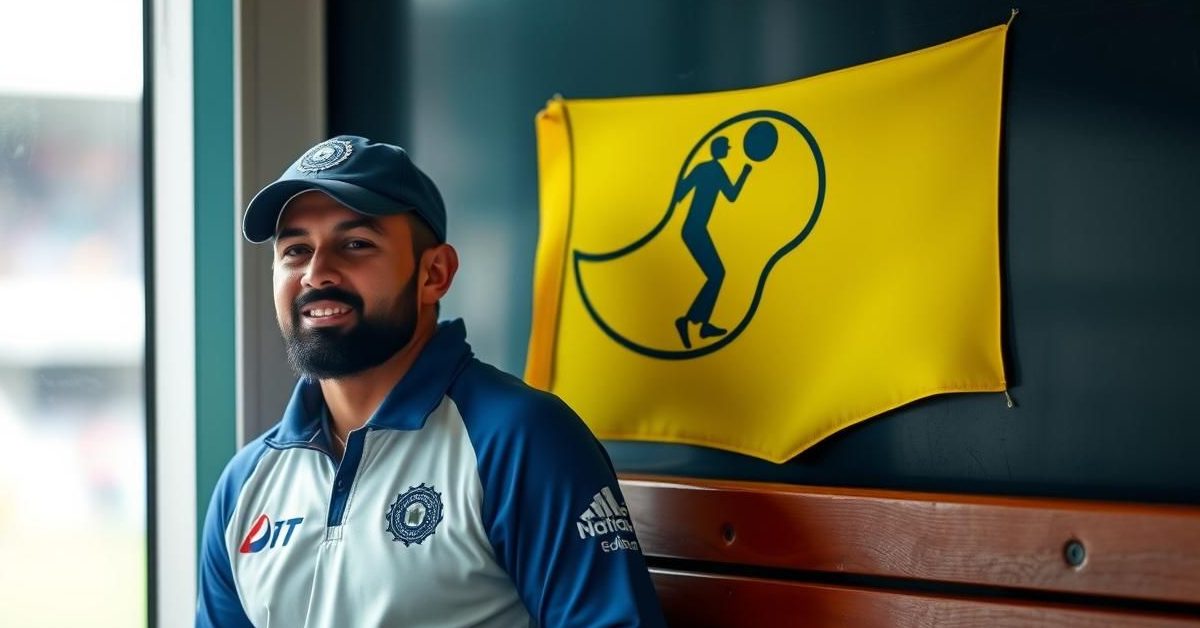After months of internal disagreements, the Indian Olympic Association (IOA) has found common ground, officially ratifying Raghuram Iyer’s appointment as Chief Executive Officer.
A Unified Front Emerges
The infighting between the IOA President, PT Usha, and the executive council had been a significant hurdle for the organization. A major point of contention was the appointment of Raghuram Iyer as CEO, particularly his monthly salary of Rs 20 lakh and associated perks.
However, recent developments indicate a positive shift. On Thursday, IOA members confirmed that Mr. Iyer’s appointment, initially made in January 2024, has now been fully ratified, allowing him to continue in his role.
IOA vice-president Kalyan Chaubey expressed optimism, stating, “Everything is sorted out now and Raghuram Iyer is the CEO of IOA. There are always differences of opinion when there is a discussion but it is all good now.” Executive council member Harpal Singh downplayed the past friction, referring to it as mere “minor bickering” that never disrupted the IOA’s core functions, such as hosting the National Games and ensuring strong performances at the Asian Games.
Addressing International Scrutiny
This newfound unity comes on the heels of concerns raised by the International Olympic Committee (IOC) last month. The IOC had urged India to resolve its internal governance issues and tackle the doping menace, especially as India campaigns to host future Olympic Games.
Strengthening Anti-Doping Efforts
In response to these international pressures, the IOA has taken a proactive step. It has decided to establish a dedicated anti-doping committee. This committee will be led by executive council member Rohit Rajpal and will include notable figures like former shuttler Aparna Popat and sports medicine expert PSM Chandran.
The primary goal of this committee is to combat doping more effectively, particularly at the grassroots level. Rajpal stated that the committee will focus on designing and implementing comprehensive anti-doping education programs for athletes, coaches, officials, and parents across all sporting levels.
The Path for the National Sports Governance Bill
Another significant development is the progression of the ‘National Sports Governance Bill.’ The IOA had previously opposed this bill, citing concerns about it infringing on the autonomy of sports bodies. However, after extensive consultations with various stakeholders, including the IOC and other international sports organizations, the bill was successfully tabled in Parliament on Wednesday.
Once enacted, this bill will lead to the formation of a National Sports Board. This board will be empowered to grant recognition to national sports federations and oversee their funding, aiming to bring greater regulation and transparency to the Indian sports ecosystem. PT Usha confirmed that the ministry had addressed the IOC’s concerns before the bill’s clearance. IOA vice-president Kalyan Chaubey emphasized that the bill is intended to guide the sports ecosystem, rather than interfere.
Updates on Future Olympic and Commonwealth Games Bids
India has expressed its interest in hosting the 2036 Olympic Games and the 2030 Commonwealth Games. However, the process for selecting future Games hosts is currently on hold under the new IOC president, Kirsty Coventry.
Raghuram Iyer noted that with a new leadership at the IOC, changes are underway, and it would be “premature to say anything” about the 2036 bid, especially as more countries, like Qatar, enter the race. For the Commonwealth Games bid, the international body is currently reviewing and resetting its program. An announcement regarding the host for the 2030 games is anticipated by the end of the year, following the withdrawal of Victoria from the 2026 bid. Harpal Singh, who is part of the CWG revamping team, confirmed that several countries have shown interest.
- Raghuram Iyer’s appointment as IOA CEO is now officially ratified, ending internal disputes.
- The reconciliation was prompted by IOC concerns regarding Indian sports governance and doping.
- An anti-doping committee has been formed to implement educational programs.
- The National Sports Governance Bill, previously opposed, has been tabled in Parliament after international consultations.
- India’s bids for the 2036 Olympics and 2030 Commonwealth Games are awaiting decisions as host selection processes are paused globally.
With these internal and external challenges being addressed, the Indian Olympic Association appears to be setting a clearer path forward for sports development and international engagement.













